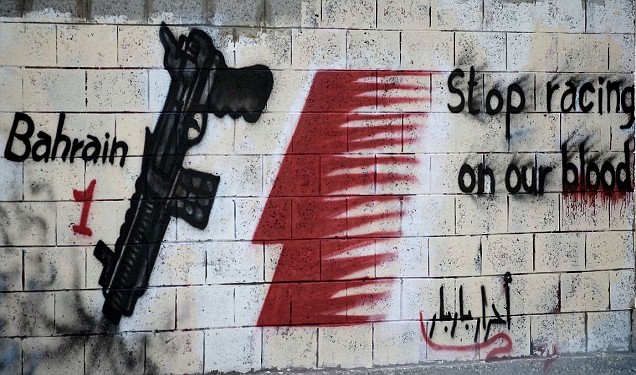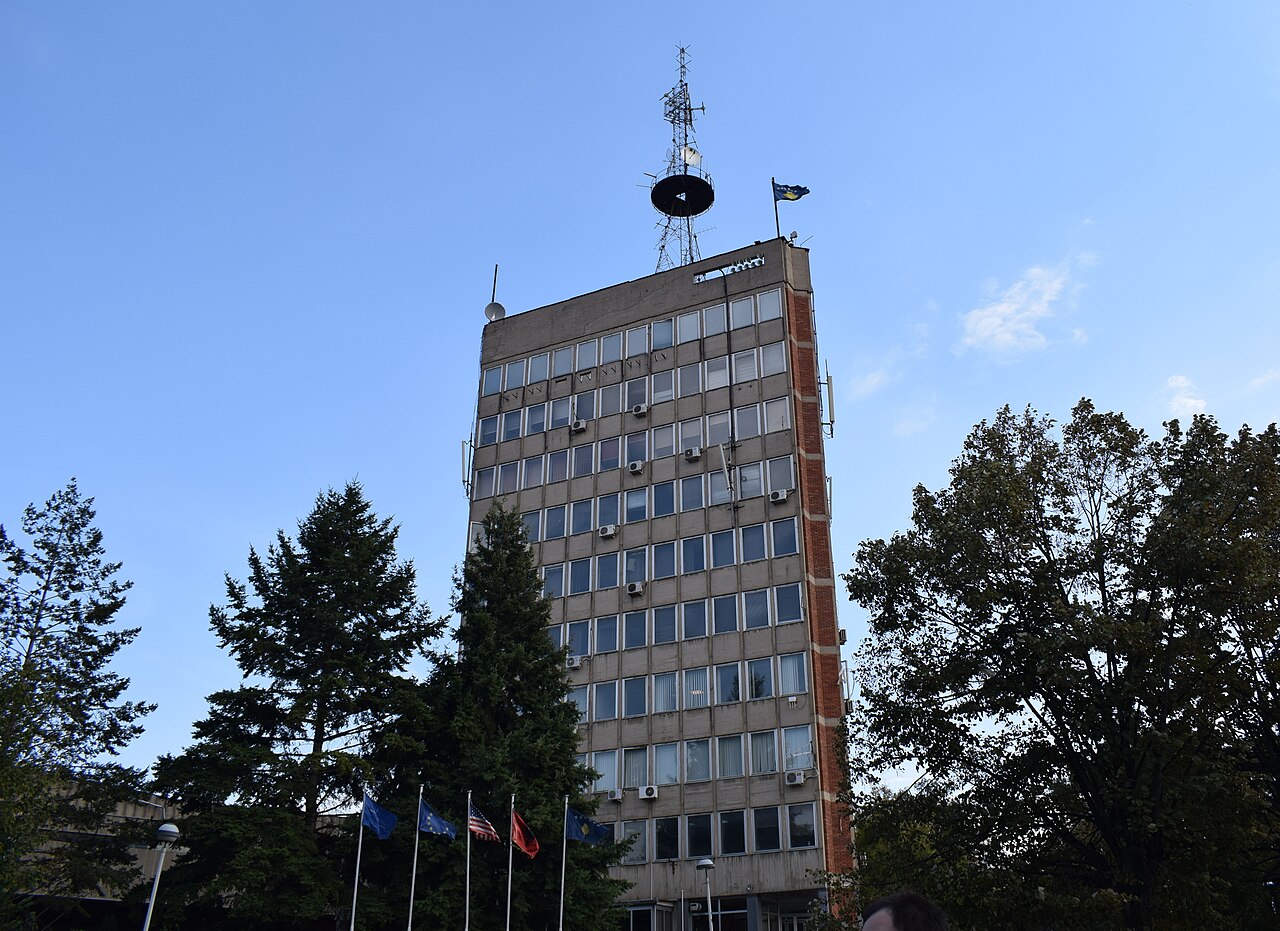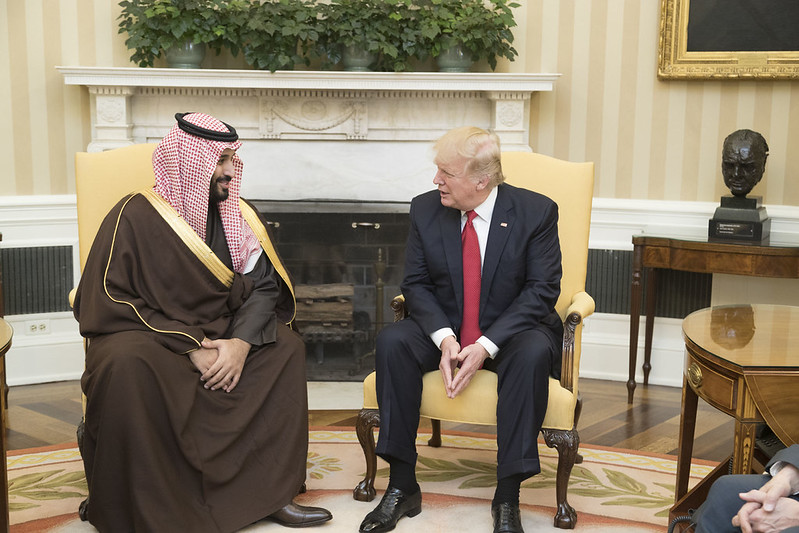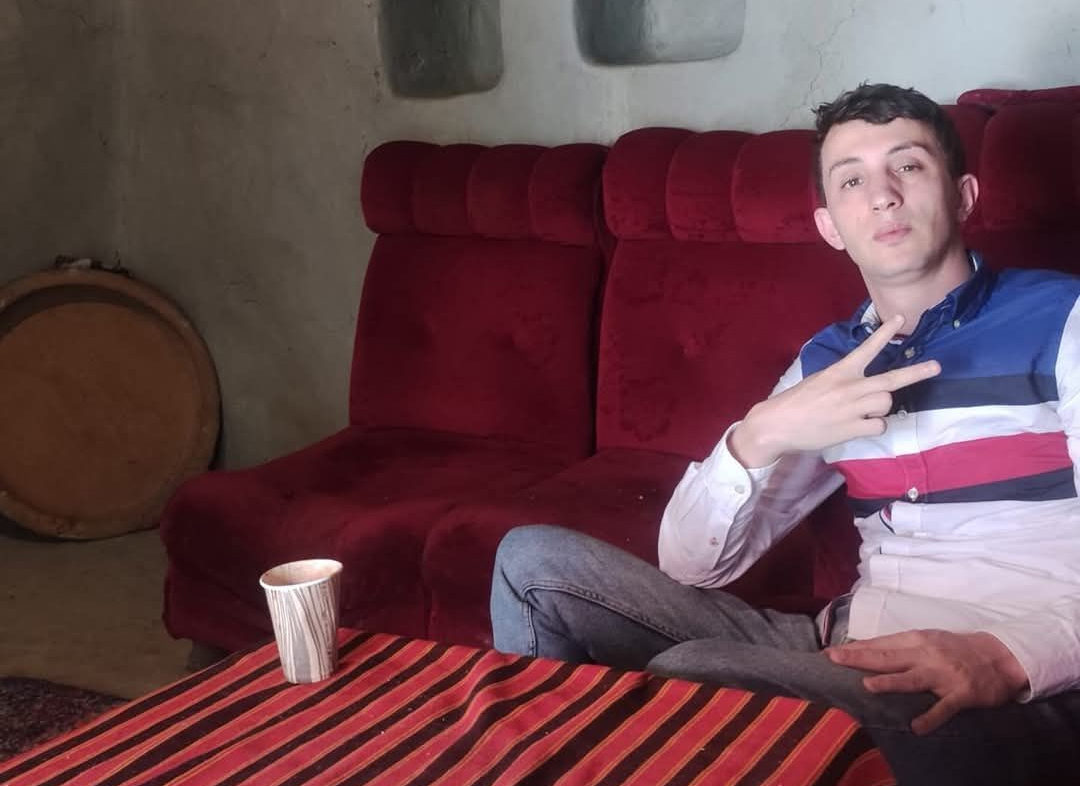[vc_row][vc_column][vc_column_text]Sacha Woodward Hill, General Counsel
Chase Carey, Chairman and Chief Executiv
Ross Brawn, Managing Director, Motor Sports
Sean Bratches, Managing Director, Commercial Operations
6 Princes Gate
Knightsbridge
London
SW7 1QJ
22 June 2017
Dear Ms Woodward Hill, Mr Carey, Mr Brawn and Mr Bratches,
Thank you for your response on 16 April 2017 to the letter regarding the deteriorating human rights situation in Bahrain and the human rights risks associated with the Formula 1 event. We write to follow up on the points you raised on freedom of expression and proportionate use of force, based on evidence documented during this year’s event and to call on you to exercise enhanced due diligence in line with your human rights responsibilities.
In your letter, you explicitly state that Formula 1 expects “journalists and other commentators who wish to use the occasion of a Formula 1 Grand Prix event to express their opinions peacefully will be able to do so without reprisal,” and that “the host country will professionally train its public and private security officials to use lawful and proportionate measures in respect of any demonstrations around the time of a Formula 1 Grand Prix event.” Moreover, your own Statement of Commitment to Respect for Human Rights states that you “understand and monitor” through “due diligence processes the potential human rights impacts” of Formula 1’s global operations. While we note this commitment, the events around this year’s Grand Prix strongly suggest that Formula 1 needs to consider stronger “practical responses to any issues raised as a result of [y]our due diligence”.
The April 2017 Grand Prix coincided with government reprisals against journalists and the excessively forceful suppression of peaceful protesters. In the month leading up to the 2017 Grand Prix, former Agence France-Presse (AFP) photojournalist Mohammad Al-Sheikh was detained and interrogated for 24 hours at Bahrain International Airport. He is one of several Bahraini journalists working for international media outlets whom the Bahraini government has arbitrarily denied granting accreditation to since 2016. Another journalist, Nazeeha Saeed, was found guilty of reporting without a license in May 2017 and fined 1,000 Bahrain Dinars (USD $2,650). The outlets impacted by this denial of accreditation – AFP, Associated Press, France 24 and Monte Carlo Doualiya – alongside international press freedom NGOs, wrote in April: “These recent actions have had a chilling effect on the media’s ability to cover Bahrain at a time when the country faces a growing set of challenges. The apparently coordinated action against journalists working for international news agencies suggests that Bahrain—which prides itself as being a business friendly, reform-minded beacon of openness and tolerance—aims to block independent news and images from reaching the wider world.” These findings are reinforced by the statement by five UN human rights experts in June 2017 called on Bahrain to “immediately cease its campaign of persecution against human rights defenders, journalists and anyone else with divergent opinions.”[/vc_column_text][/vc_column][/vc_row][vc_row][vc_column width=”1/4″][vc_icon icon_fontawesome=”fa fa-times” color=”black” background_style=”rounded” size=”xl” align=”right”][/vc_column][vc_column width=”3/4″][vc_column_text]
In light of the severe restrictions on journalists rendering free reporting impossible and the Bahraini authorities’ continued use of excessive and indiscriminate force, we ask Formula 1 to reconsider its plans for a 2018 race in Bahrain.
[/vc_column_text][/vc_column][/vc_row][vc_row][vc_column width=”1/2″][vc_single_image image=”91807″ img_size=”full” alignment=”center”][/vc_column][vc_column width=”1/2″][vc_single_image image=”91808″ img_size=”full” alignment=”center”][/vc_column][/vc_row][vc_row][vc_column][vc_column_text]Alongside the crackdown on journalists, we have documented the Bahraini authorities’ use of unlawful and lethal force to suppress peaceful protestors during the 2017 Grand Prix. One such protest where demonstrators carried placards criticising the F1’s presence in Bahrain occurred in the village of Duraz, west of Manama, in the week of the race in April, where security forces intensified their presence at checkpoints into and out of the village, which has been subject to a police blockade for twelve months. Witnesses told local media that the security forces were “aiming at identifying foreign reporter covering the Formula 1 tournament who might attempt to enter the village to report what is taking place there. (sic).” Police employed excessive force, including excessive tear gas, against peaceful Formula 1 protests opposed in Sitra, south of Manama. Such use of undue force is not unprecedented and is part of a pattern of reprisals witnessed around the event in previous years, when the Formula 1 has led to arrests related to the freedoms of expression, association and assembly.
As stated in both the previous 5 April letter and in the dossier of human rights violations committed during the 2015 and 2016 Grands Prix, sent 30 March, 17-year-old Ali Abdulghani Ashoor Mohammad Alkoofi was killed during the 2016 Grand Prix when he was allegedly struck twice by a Bahraini police vehicle. On the eve of the 2012 Grand Prix, 36-year-old father of five Salah Abbas was beaten and shot to death by riot police during a protest in the village of Shakhura.
We believe businesses have a particularly important role to play in protecting civic freedoms, but we are not alone in this: the 2016 UN Human Rights Council Resolution A/HRC/RES/31/32, the latest report by the UN Special Rapporteur on Human Rights Defenders, the statement by the UN High Commissioner for Human Rights to the World Economic Forum 2017, and the 2017 World Economic Forum’s Global Risks Report, all call upon businesses to do so.
In light of the severe restrictions on journalists rendering free reporting impossible and the Bahraini authorities’ continued use of excessive and indiscriminate force, which most recently led to the deaths of five protestors in Duraz village in the deadliest police attack on protests in King Hamad’s 18-year reign and which UN human rights experts say are unlawful killings, we ask Formula 1 to reconsider its plans for a 2018 race in Bahrain.
We call on you to exercise enhanced due diligence, as per your corporate commitment, with the view to ensure that such unlawful acts are not repeated and that your presence in the country is not causing harm.
Specifically, we call on you to revisit and clarify the measures you have in place to ensure the expectations expressed in your letter and human rights commitment are met, and to use your leverage to urge the Bahraini government to end its crackdown on journalists and peaceful protestors. Failing to exercise due diligence and thus abide by your own Statement of Commitment to Respect for Human Rights risks greater complicity in human rights abuses in Bahrain and the tarnishing of your brand’s reputation.
Yours sincerely,
Americans for Democracy & Human Rights in Bahrain
ARTICLE 19
Bahrain Institute for Rights and Democracy
European Centre for Democracy and Human Rights
Index on Censorship[/vc_column_text][/vc_column][/vc_row][vc_row][vc_column][vc_basic_grid post_type=”post” max_items=”12″ style=”load-more” items_per_page=”4″ element_width=”6″ grid_id=”vc_gid:1498137563018-1e1d2900-172c-2″ taxonomies=”7405″][/vc_column][/vc_row][vc_row full_width=”stretch_row_content_no_spaces” content_placement=”middle”][vc_column][vc_single_image image=”91122″ img_size=”full” alignment=”center” onclick=”custom_link” link=”https://www.indexoncensorship.org/2017/05/stand-up-for-satire/”][/vc_column][/vc_row]






